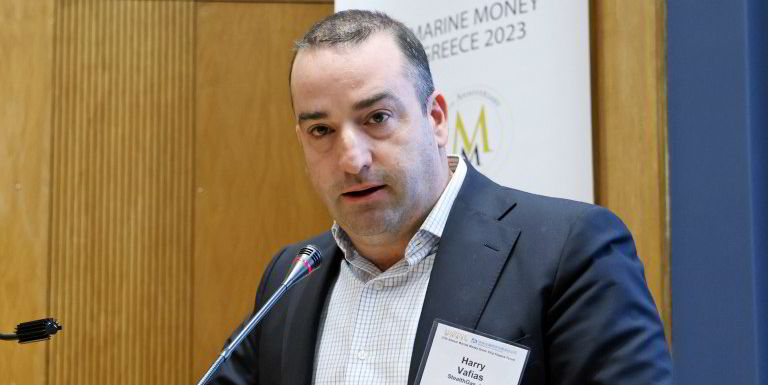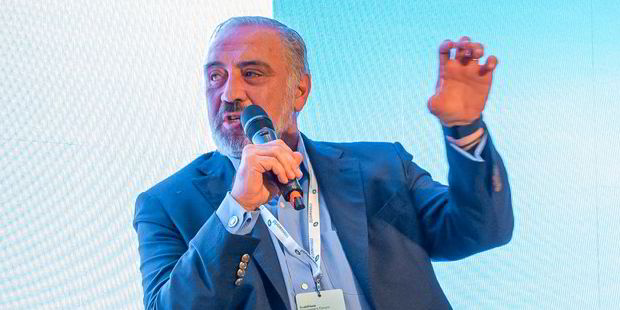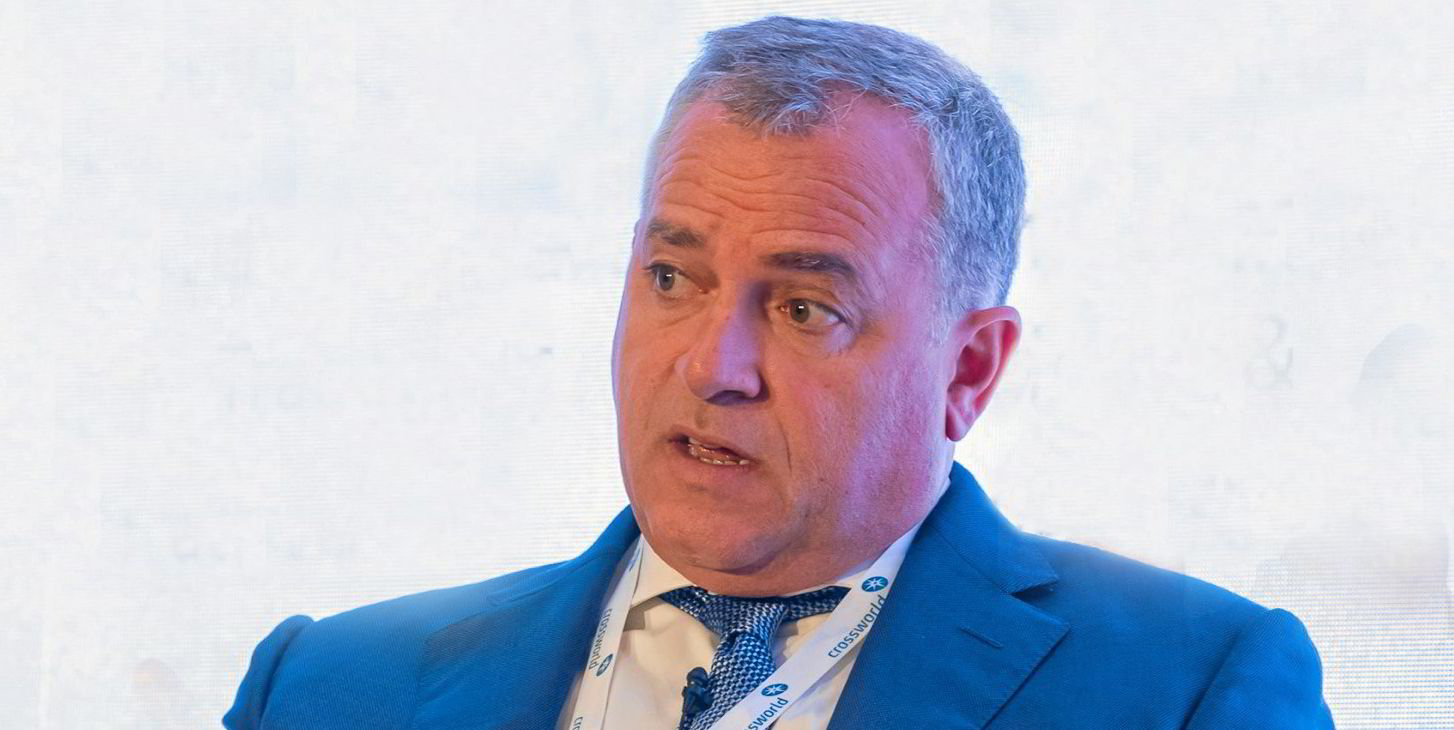Chinese yards are dominating their rivals in securing Greek newbuilding business in what has become a $40bn spending spree by Hellenic firms.
According to TradeWinds figures, Chinese builders accounted for 266 of the 401 ships contracted by Greeks in 2023 and the first four months of 2024.
This is a natural reflection of price, shipbuilding capacity, slot availability and the progress in Chinese shipbuilding technology.
“The Chinese have certainly taken huge strides forward and the quality of their ships in some cases has surpassed that of [South] Korea,” Harry Vafias told the Naftemporiki shipping conference in Piraeus in May.
South Korean shipyards were runners-up for Greek orders with 83 ships and Japanese yards were a distant third with 50.
Broken down to individual builders, shipyards from the CSSC group came out on top, netting contracts worth about $4.1bn since the beginning of last year.
Hengli Heavy Industries is catching up fast. Since signing its first Greek deal with owner Thanassis Laskaridis, the reborn Chinese yard has attracted part of George Procopiou’s massive orderbook to amass $1bn of Hellenic contracts in less than 12 months.
The bulk of Procopiou’s staggering orderbook has gone to New Times Shipbuilding.
The yard sits at the moment on $3.6bn worth of Greek tanker business. About half of it was placed by the Procopiou family — from VLCCs and suezmaxes to LR1 and LR2 product tankers.
Cosco Group yards have raked in about $1.6bn in orders.
The Yangzijiang group has had a big part in the action as well.
The $1.7bn Greek orderbook at yards such as Jiangsu New Yangzijiang includes methanol dual-fuel container ships for John Coustas firm Danaos, as well as product tankers for a diverse list of clients from the Kollakis family’s Chartworld Shipping, to Tsakos Energy Navigation.
Evalend is believed to be the first foreign company to have commissioned MR tankers there.
Unlocking value
Building relationships with yards proves valuable when markets turn.
In early 2023, the Tsakos Group found itself sitting on an order at HD Hyundai Heavy Industries Ulsan Shipyard for four container feeder ships it no longer wanted.
| Vessels | GT | DWT | Value $m | |
| Bulkers | 168 | 7,030,551 | 12,974,043 | 6,382 |
| Container ships | 38 | 1,840,465 | 2,202,326 | 2,654 |
| Gas | 96 | 7,572,423 | 7,164,242 | 18,055 |
| Others | 17 | 505,687 | 153,565 | 892 |
| Tankers | 216 | 14,141,621 | 26,375,174 | 17,045 |
| Grand Total | 535 | 31,090,747 | 48,869,350 | 45,028 |
The South Korean yard ultimately agreed to convert the order into a pair of scrubber-fitted suezmaxes that promised to be a more lucrative investment.
South Korean yards in general have faced headwinds from labour shortages and higher material costs, which pushed up prices beyond those of their Chinese rivals.
In the face of rising competition from China, Japanese yards have become much more flexible as well.
Oshima Shipbuilding is a case in point. Ever since the venerable Japanese company gave up its decades-long stubborn refusal to deal with Greek clients, it never looked back.
Polys Hajioannou — the Greek owner who broke the deadlock in late 2020 — and his brother Nicolas’ Alassia NewShips Management have placed several kamsarmax and ultramax orders there over the past 16 months.
Rival Nihon Shipyard has made headway with other Hellenic clients such as Kyklades Maritime and Alberta Shipmanagement.
Shipbuilding stalwart Imabari has been Angeliki Frangou’s Japanese shipyard of choice for much of Navios Maritime Partners’ MR tanker newbuilding programme.
One factor still driving Greek owners to Japanese yards is their superior brand value, which more or less automatically turns vessels built there into coveted objects in the secondhand market.
“When you want to buy and sell quickly, as we do, you want to have liquid assets,” Vafias explained.






